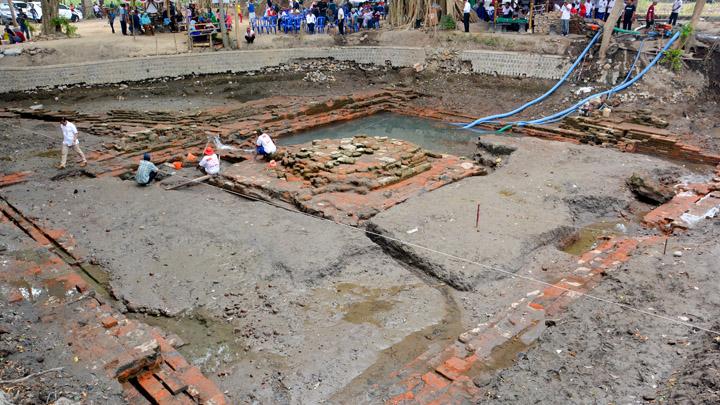
TEMPO.CO, Jakarta - Women and youths are advancing ecotourism in Beririjarak village, East Lombok, West Nusa Tenggara (NTB). They have also revived some dyeing traditions in the process.
Saelal Arimi may not be too fond of housework, but over the past year, he has kept his home clean to prepare for domestic and foreign tourists wishing to spend the night. "Now my place is a homestay," said the 28-year-old.
His home is not the only home open for tourists in Beririjarak; there are four others. One year ago, the village redefined itself as an ecotourism village and residents have been receiving guidance from the local non-profit Gema Alam (Nature Loving Community Movement) as well as the Bogor-based Rimbawan Muda Indonesia (RMI - Indonesian Youth for Forests).
Villagers also receive operational assistance in the form of equipment from the village government and the village-owned enterprise (Bumdes). To manage ecotourism in the village, RMI and Gema Alam have been working with a Beririjarak youth group, who later renamed themselves Gapura (Youth Movement for Change). The group has 25 young members, with Saelal as its elected leader.
Saelal believes in Beririjarak’s huge ecotourism potential. His village has 33 hectares of natural forest with natural springs and a rich biodiversity. There are a number of plant species endemic to the forest area known as Gawar Gong, not to mention a river locals use for bathing. For these reasons, Gawar Gong has been studied by biology researchers and is a favorite among campers and trekkers. "Unfortunately, we weren’t managing these potentials properly," said Saelal.
While developing the village’s ecotourism, villagers are beginning to pay more attention to their agriculture and performing arts. Beririjarak Village Council (BPD) chair Mansyur says locals are now also offering tourists fun trips to their rice fields as part of their ecotourism. Tourists can observe or, if they choose, join in planting, harvesting, or clean-ups.
The main attraction in the village is a local farming tradition called sesiru. Local farmers always work hand-in-hand in the rice planting season, known as najuk. When one rice field is finished, the entire farmer populace will help with the next. "So we never work alone. This is how we differ from other parts of Indonesia," said Mansyur, a farmer.
Beririjarak also has the rudat, a dance unique to Lombok’s Sasak Tribe, with mostly women and children as dancers. In the past, the dance was mainly performed in major religious festivals as well as at local celebrations such as weddings and circumcisions. The rudat tradition almost died out, said Mansyur, losing out to electronic keyboard performances. Only one expert rudat dancer remained in the village, and she was already in her sixties.
Read more inspiring Outreach stories in Tempo English Weekly Magazine























